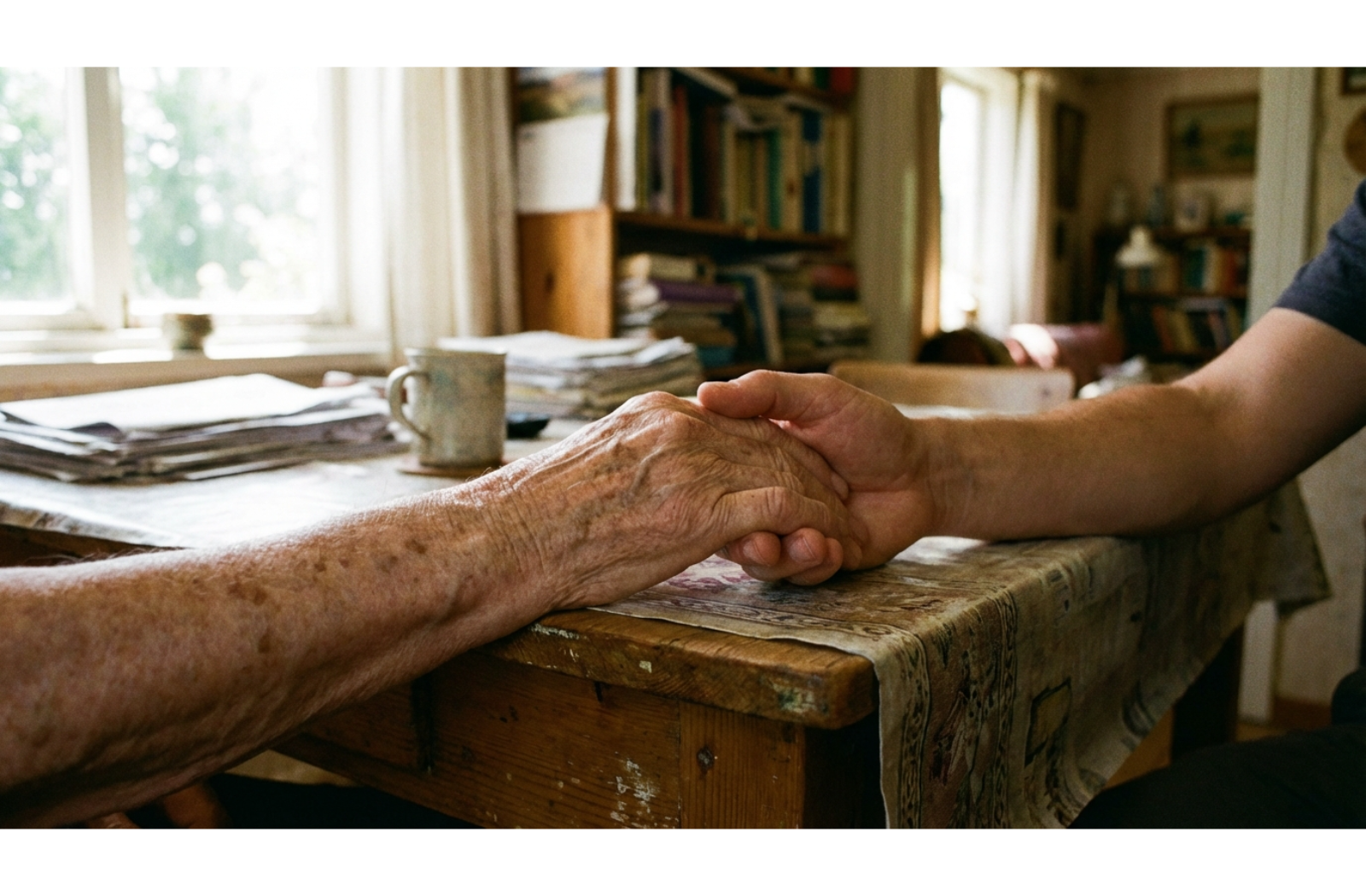How to Get Guardianship of a Parent With Dementia
- Posted on
- By Mira Vie Senior Living

Dementia often requires professional care. It’s a complex condition, and a person living with dementia often needs help from a team of trusted and supportive caregivers. Meanwhile, the legal system can be equally complex—especially when dementia is involved.
If a loved one is diagnosed with dementia, it helps to get guardianship. To do so, you’ll need to reach out to an attorney in your area who specializes in elder law. While you can file for guardianship without an attorney, this can be a complex and time-consuming process. Having a trusted professional at your side makes all the difference.
Can Someone With Dementia Sign Legal Documents?
When dealing with legal documents, mental capacity is crucial. A person signing any legal document needs to understand what they’re agreeing to and the impact it could have on their life. The legal system requires a person to be cognitively capable of understanding this information.
Dementia, however, significantly affects decision-making abilities. In the early stages, this impact is minimal, and sometimes nonexistent. But in the later stages of dementia, it becomes almost impossible for a person to comprehend complex legal matters.
Your loved one’s mental state greatly determines what they can and cannot do legally. Timing matters—the earlier you intervene, the better.
If you’re ever unsure whether your loved one has the capacity to sign legal documents, visit a healthcare professional. They can determine where your parent’s mental capacity stands. Then, you’ll need to talk to a lawyer to make sure your loved one’s rights are protected.
Guardianship for a Person With Dementia (New Jersey)
Guardianship is a legal status that allows you to make decisions on another person’s behalf. Though the specific rules can vary from state to state, guardianship lets you intervene and make certain decisions for someone else. In New Jersey, guardianship is broken down into 3 types:
- Guardianship of the person only: This allows the guardian to oversee healthcare and personal needs. In this type, the guardian is not allowed to make decisions regarding estates, finances, or complex matters that do not involve care.
- Guardianship of the estate only: This allows the guardian to handle only the financial affairs of the individual. They may not make decisions regarding care or medical matters.
- Guardianship of the person and estate: This allows the guardian to manage both healthcare and financial matters.
2 further types dictate the guardian’s abilities:
- General guardianship grants full responsibility for health, safety, and finances.
- Limited guardianship provides oversight for only specific areas deemed necessary.
In all types, the guardian must make decisions with their loved one’s best interests in mind.
Dementia: What to Expect When Navigating Legal Matters
When dementia is involved, guardianship is key. If your loved one is deemed to be lacking mental capacity, the legal system becomes significantly more complicated.
It’s smart to plan early. Legal steps are simpler when decisions are made while your loved one’s cognitive abilities are intact. Start by reaching out to an attorney in your area—preferably one with experience in elder law. They’re valuable partners that can make navigating the legal system much smoother, and they can bring significant peace of mind.
Applying for Guardianship Without an Attorney
However, you can still apply for guardianship without an attorney’s help. This is a bit complicated but involves working with local county and civil courts. Each application requires an upfront fee of $200.
- This form is for guardianship of the person and their estate
- This form is for guardianship of just the person
In New Jersey, this involves:
- Receiving a certificate from a healthcare professional outlining your loved one’s cognitive status
- Filling a Case Information Sheet to outline the specific details of your case
- Certification of your loved one’s assets and your own history
Then, a court date is assigned. On this date, a judge will determine whether or not you qualify for guardianship of your loved one.

When to Consider Guardianship for a Loved One With Dementia
Deciding if your loved one requires guardianship is rarely easy. However, it helps to look for signs your loved one is struggling. These all indicate it’s time for a medical evaluation:
- Forgetting crucial tasks like paying bills or managing medications.
- Confusion about family members or caretakers.
- Expressing consistent distrust in others who are genuinely trying to help.
- Putting themselves or others in unsafe situations.
- Wandering or leaving home unsupervised.
If these apply, it may be time to consider guardianship. Dementia is complex, and these symptoms may worsen without professional care. Early intervention is key to maintaining your loved one’s safety and quality of life.
Let Our Community Help
Guardianship is a way to provide safety and care for someone you love. When dementia is involved, it can help, but it’s just one piece of the larger puzzle. It helps to contact a community like ours at Mira Vie at West Milford to make sure your loved one is surrounded by a team that truly cares.
Here in our community, we know how complex dementia can be. Our team is ready to step in and help your loved one maintain their dignity and quality of life. Contact our team today to schedule a tour at one of our communities, and together, we can help your loved one in a way that truly makes a difference.
Related Articles

Understanding Various Types of Assisted Living Contracts
Key Takeaways Senior living communities offer several contract types, including those with large entrance payments